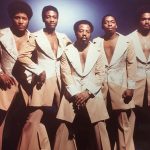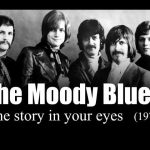The Runaways: The Rebellious Roar of Female Power in 70s Rock
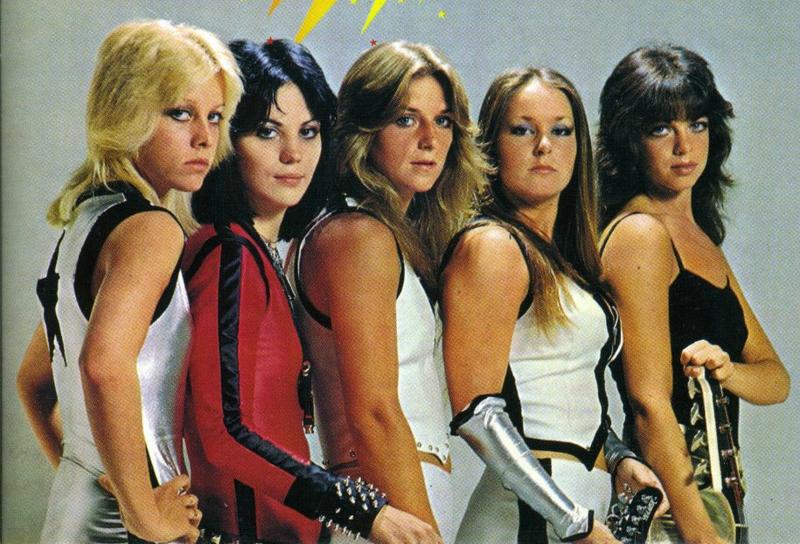
In the history of rock music, few bands have left as powerful and controversial a mark as The Runaways. Formed in the mid-1970s, they were one of the first and most influential all-female rock bands, not only crafting addictive tunes but also becoming symbols of female empowerment and barrier-breaking in a male-dominated music industry.
The Runaways came into being in 1975 in Los Angeles, California, under the management of the controversial producer Kim Fowley. While Fowley played a significant role in shaping their initial image and sound, it was the talent and explosive personalities of the band members themselves that truly put The Runaways on the map. The band’s classic lineup included:
Joan Jett (rhythm guitar, lead vocals): With her legendary black hair and rebellious attitude, Joan Jett embodied the punk rock spirit. She later became a solo superstar with hits like “I Love Rock ‘n Roll.”
Cherie Currie (lead vocals): With her signature blonde hair and daring stage presence, Cherie was the band’s sex symbol, exuding charisma and defiance.
Lita Ford (lead guitar): As one of the most exceptional female rock guitarists of her time, Lita delivered powerful riffs and fierce solos, showcasing her superior musical skills.
Sandy West (drums): The rhythmic heart and soul of the band, Sandy was a powerful and resilient drummer, instrumental in creating their explosive sound.
Jackie Fox (bass): A talented bassist, Jackie contributed to the solid sonic foundation of the band in their early years. She was later replaced by Vicki Blue and Laurie McAllister.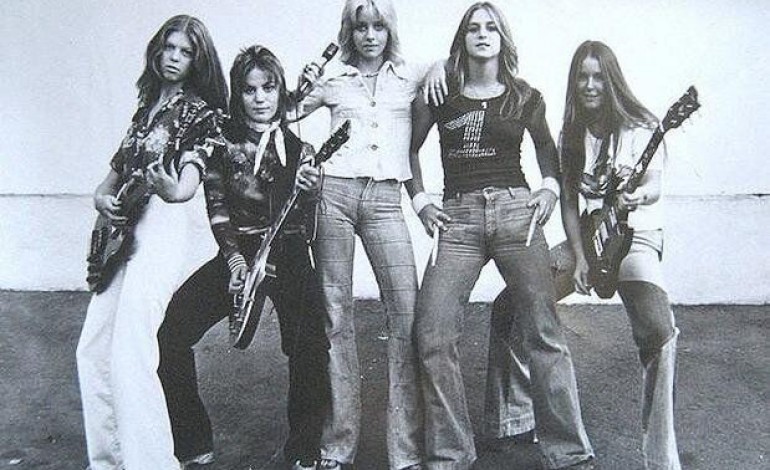
The Runaways quickly gained attention with their simple yet energetic rock and roll anthems like “Cherry Bomb,” “Queens of Noise,” and “Neon Angels on the Road to Ruin.” Their lyrics often touched on themes of teenage rebellion, sexuality, and freedom—topics rarely openly expressed by female bands at the time. They confidently performed in leather attire, with an unapologetic attitude, breaking all traditional “feminine” stereotypes in music.
Despite achieving significant success abroad, especially in Japan (where they became a phenomenon), The Runaways often faced misunderstanding and prejudice in their American homeland. They were dismissed as a “gimmick” or merely a product created by a male manager, overlooking the genuine talent and dedication of each member. Internal issues, industry pressures, and personal conflicts eventually led to the band’s disbandment in 1979.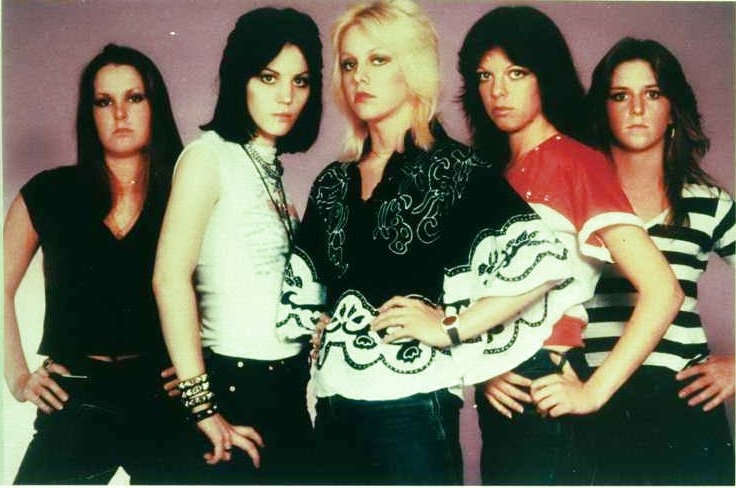
Nevertheless, The Runaways’ legacy is undeniable. They proved that women could command the rock stage, expertly play instruments, and create powerful, authentic music just as well as any male band. They paved the way for countless other female musicians and all-girl bands in subsequent decades, from The Go-Go’s and Bikini Kill to contemporary artists. The Runaways were not just “runaways” from societal norms; they were pioneers who changed the landscape of rock and roll forever.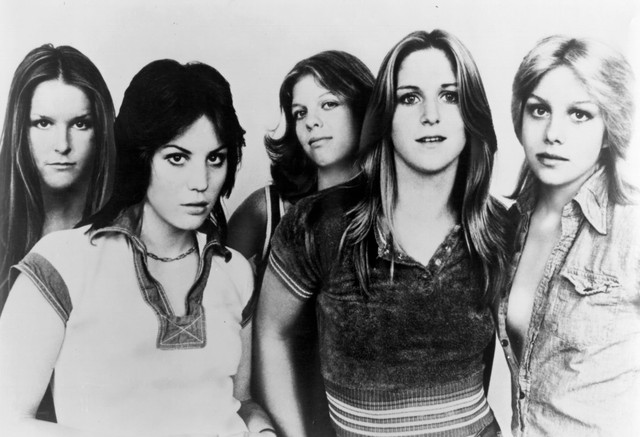
To this day, The Runaways’ story remains an inspiration of courage, talent, and rebellious spirit – a powerful reminder of the strength of women who dare to live true to their passion.
